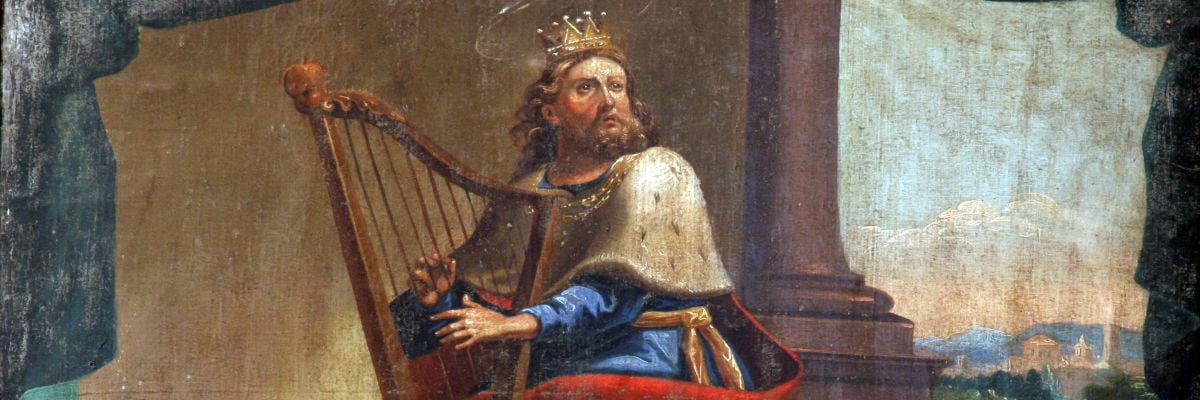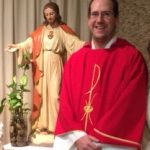
Question:
Answer:
My brothers, one can confidently say to you about the patriarch David that he died and was buried, and his tomb is in our midst to this day. But since he was a prophet and knew that God had sworn an oath to him that he would set one of his descendants upon his throne, he foresaw and spoke of the resurrection of the Messiah, that neither was he abandoned to the netherworld nor did his flesh see corruption. God raised this Jesus; of this we are all witnesses. Exalted at the right hand of God, he received the promise of the Holy Spirit from the Father and poured it forth, as you (both) see and hear.
For David did not go up into heaven, but he himself said:
“The Lord said to my Lord, ‘Sit at my right hand until I make your enemies your footstool.’”
Therefore let the whole house of Israel know for certain that God has made him both Lord and Messiah, this Jesus whom you crucified (Acts 2:29-35).
The author is not saying that David did not go to heaven after the resurrection of Jesus. The context is that Peter is pointing out that in certain Psalm passages David was not talking about himself but about Jesus.
Peter began his preaching by saying, “For David says of him . . . you will not abandon my soul to the netherworld, nor will you suffer your holy one to see corruption” (Acts 2:25,27).
By saying David was buried in their midst and was not resurrected, Peter was saying that David could not have speaking about himself, because the Psalm clearly states that the person will not remain in the grave. Peter was preaching the fulfillment of Scripture in the resurrection and ascension of Jesus.



